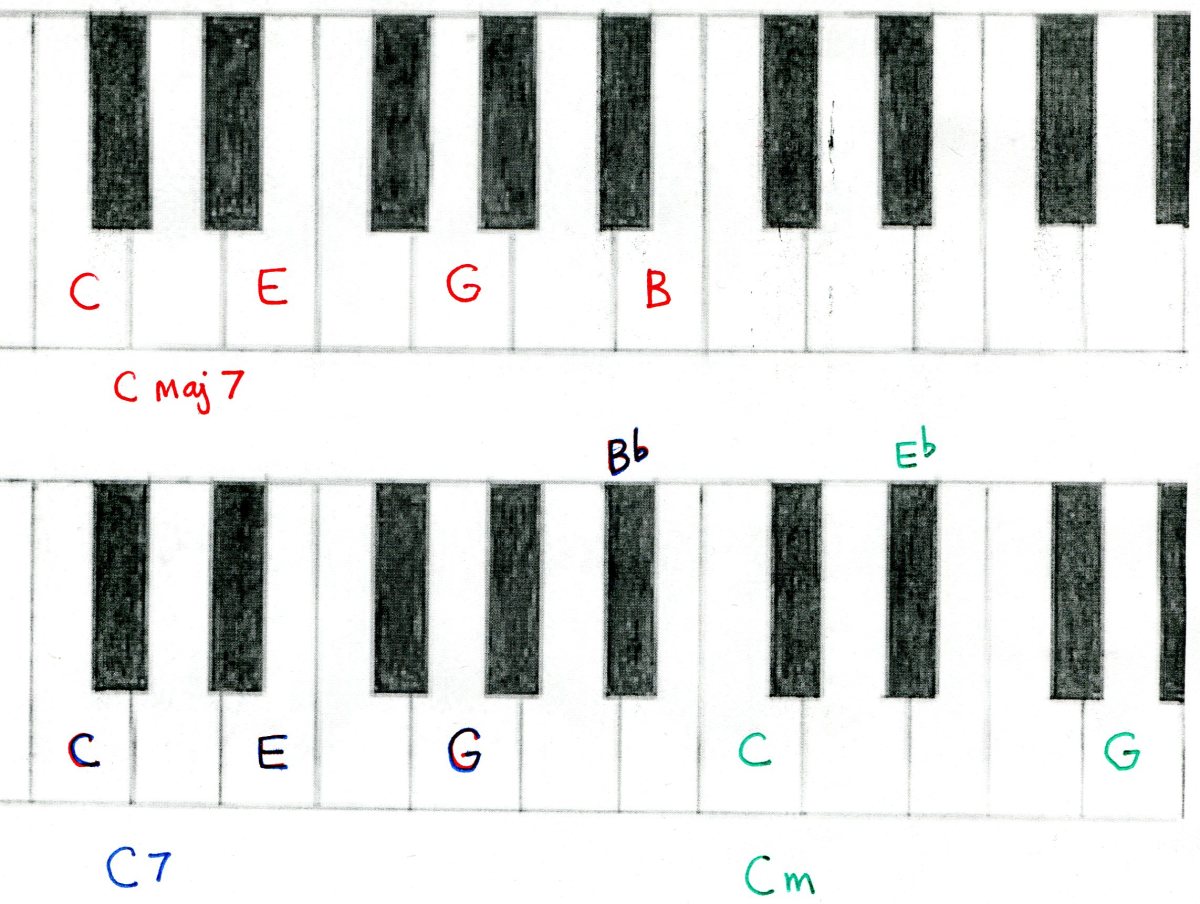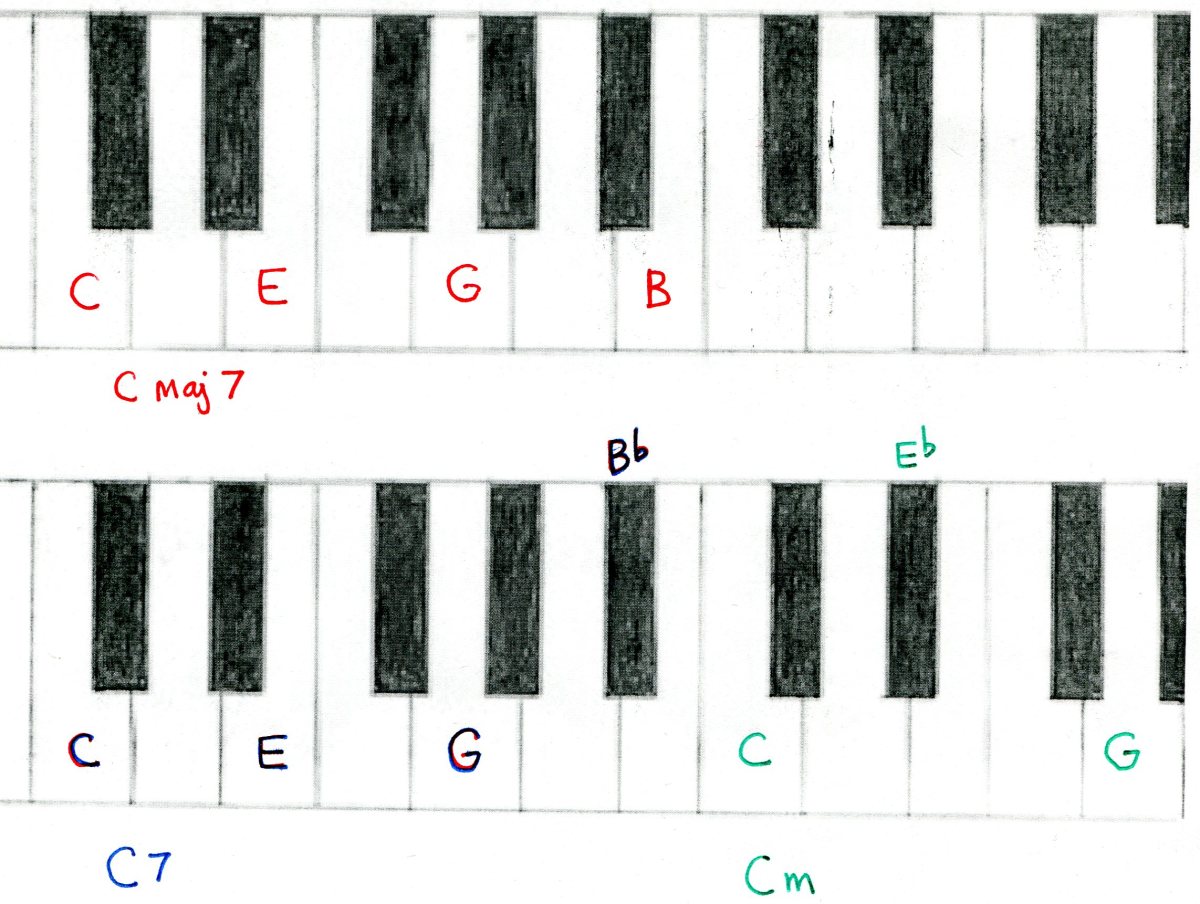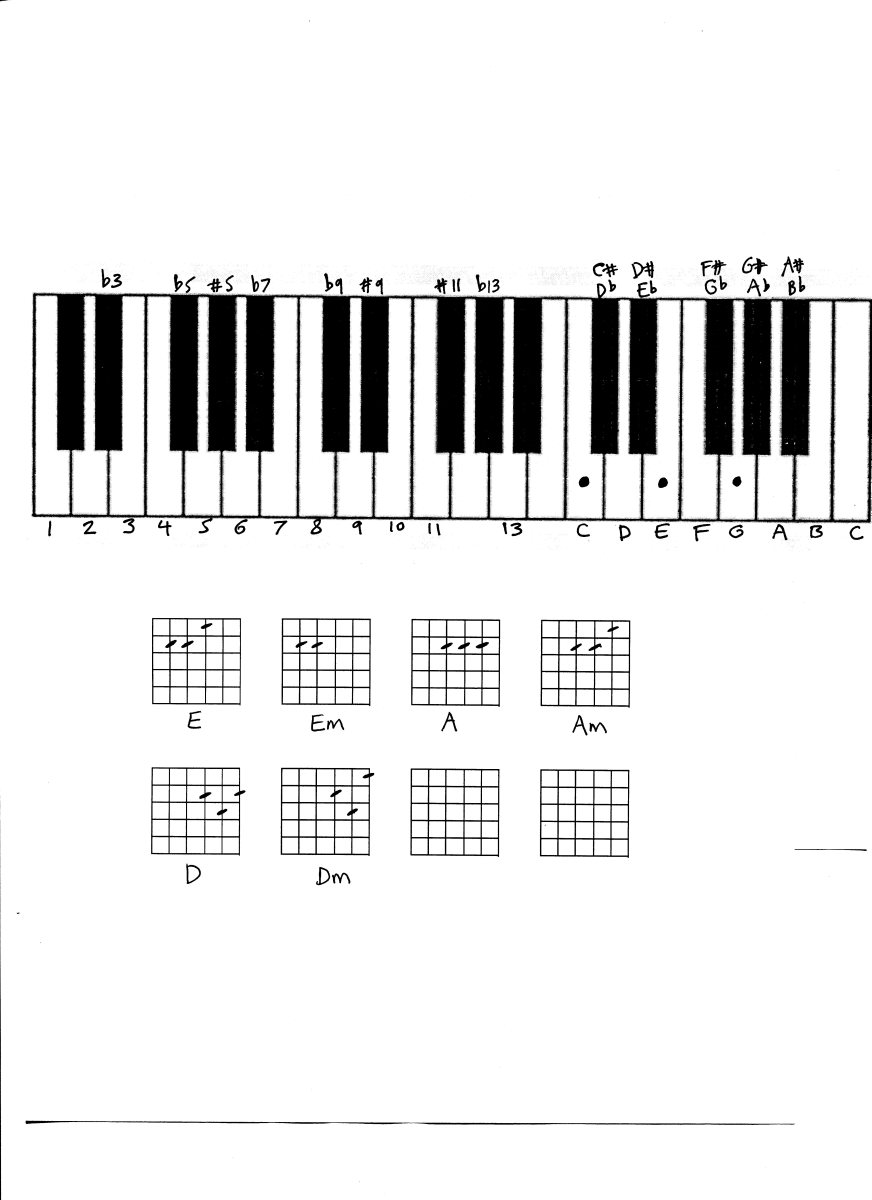Tips on Practicing Piano

Students of all disciplines face many of the same challenges, and one of the biggest challenges is tackling homework in the right way. For piano students, homework is typically referred to as practicing. Teachers can take for granted that their students know what to do, but the truth is that they do not. Like everything else they learn, they need to be taught how to practice.
Below are some tips that will help take the hard work out of any practice session. These tips are universally applicable and should be adopted by students of any age or at any stage of their career. Younger students can be introduced to them gradually, building up their practice skills as their ability improves.

How to Practice at the Piano
Practicing can be fun and productive if you go about it in the right way. The following seven tips should help make it as enjoyable an experience as it can be.
- Set up a practice routine - It's easier to remember to practice if you make it part of your daily routine. Practice at the same time every day so you don't forget to do it. Pick a time when you've got half an hour to spare, a time when there's enough peace and quiet in your practice area to enable you to focus on what you want to achieve.
- Practice every day - Once your routine is established, stick to it for all you're worth. Try to avoid the temptation to skip a practice session because you don't feel like it, or because your friends are outside playing. Finish your practice first, then go and do something else.
- Get ready to practice - Make sure you have everything you need when you sit down to practice, including your music, a pencil, and anything else you use as part of your session. Start by warming up with some simple exercises such as scales or arpeggios. This helps get your blood circulating and reminds your fingers that they need to respond to your commands.
- Practice in sections - Break difficult pieces down into smaller sections, say four or eight bars at a time. Practice these sections over and over to really get them ingrained in your fingers and your brain. It's better to work on the hard stuff in isolation so that when you put the piece back together again it seems less daunting.
- Practice hands separately - You have two hands, and one of them is bound to be stronger than the other. You can compensate for this by giving both hands the same amount of "key" time. Don't forget to finish this kind of practice with both hands together again.
- Practice along with a beat - Use a metronome to keep time and to help develop your sense of rhythm. you can use the accompaniment feature on a keyboard or electric piano to do the same thing. Always keep the metronome speed at a tempo you can manage: you can always speed things up when you know the piece perfectly.
- Finish with a bang - End your practice session doing something fun. Play a piece you already know or a piece you particularly like. This is your reward for putting in the practice time and is a nice way to round things off.

Practice Makes Perfect Pianists
Learning any new skill takes time, patience and discipline. If you want your piano playing skills to improve at the fastest possible rate, you need to practice on a regular basis. It isn't rocket science, as they say, but it is the single most important thing you can do to accelerate your progress.
Despite the heading of this section, don't try to be perfect. Aim for perfection, by all means, but allow yourself room for development and growth. If you could do everything the first time you sat down at the piano, there'd be no need to practice. But we're all human, and we have to expect our skills to develop slowly over time.

What's the Perfect Practice Length?
How long you spend practicing will depend on a number of variables, including:
- How old you are
- How long you've been playing or having lessons
- The difficulty of the music
- How much time you have available
Everybody's different, so the key is to find a routine and a system that works for you. Some people can practice for half an hour and get everything done in that time, while for others it takes two hours to accomplish their goals.
Generally speaking, the younger you are and the newer to lessons you are, the less practice you need. The best way to approach it is to create a routine in which you can fit in everything that needs to be done, and tick off the items as they're achieved. If you can get everything done in half an hour, then that's as long as you need to practice.
Finally, try to learn how to listen to what you're practicing. If you keep making the same mistake, stop and work it out. Practice the problem section over and over, one hand at a time, slowly and patiently, until it eventually irons itself out.








